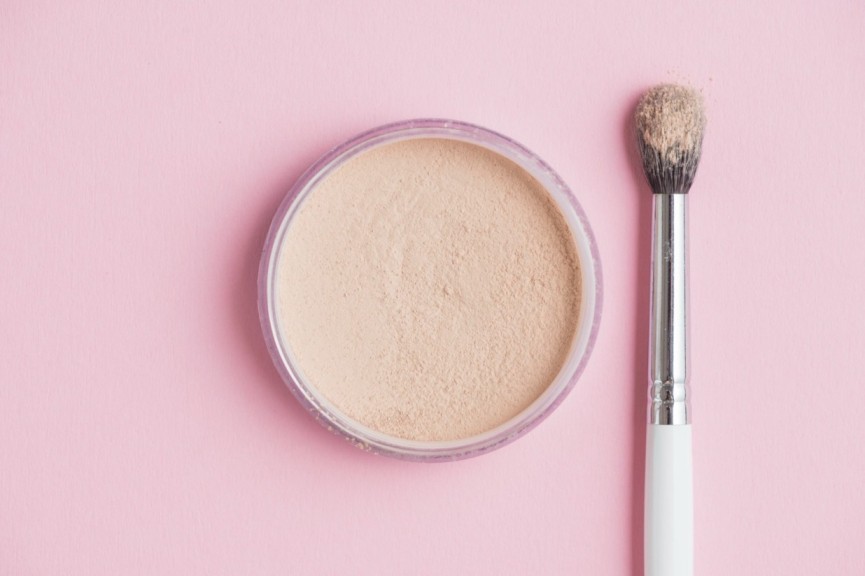Cosmetic products are a blend of science and art, combining various components to create formulations that are safe, effective, and aesthetically pleasing. Among these components, cosmetic excipients play a pivotal role in ensuring stability, functionality, and performance. But what exactly are pharmaceutical excipients, and why are they indispensable in the world of cosmetics? This article delves into the significance of excipients used in cosmetics, exploring how they contribute to the stability and performance of skincare, makeup, and other beauty products.
What Are Cosmetic Excipients?
Excipients, simply put, are inactive ingredients used in formulations to support the active ingredients. In cosmetics, they serve as the foundation that enables the product to achieve its desired texture, stability, and applicability. While active ingredients deliver specific benefits, such as hydration or anti-aging effects, cosmetic excipients ensure these ingredients are evenly distributed, preserved, and functional throughout the shelf life of a product.
For example, in a face cream, the active ingredient might be a vitamin or botanical extract that targets skin concerns. However, excipients such as emulsifiers, thickeners, and stabilizers ensure the cream has a smooth texture, doesn’t separate, and remains effective over time. Excipients used in cosmetics can range from simple water to more complex compounds, depending on the product’s purpose and formulation.
The Importance of Cosmetic Excipients in Product Stability
Preventing Ingredient Separation
One of the primary roles of excipients is to maintain the integrity of cosmetic formulations. Many products, such as lotions and creams, are emulsions—a mix of water and oil. Without the right emulsifiers, these two components would separate, leading to an unstable product.
Emulsifiers, such as cetyl alcohol or glyceryl stearate, stabilize the formulation by ensuring that oil and water remain blended. This not only improves the product’s shelf life but also ensures consistent performance for the user.
Enhancing Shelf Life
Preserving the stability of a cosmetic product over time is crucial, especially considering the exposure to varying environmental factors. Excipients like preservatives play a critical role in preventing microbial growth, oxidation, and degradation of active ingredients.
Preservatives such as parabens or natural alternatives like benzyl alcohol ensure that the product remains safe and effective for extended use, even after being exposed to air or light.
Improving Physical Stability
Cosmetic excipients such as thickeners and stabilizers contribute to a product’s physical stability by maintaining its structure and texture. For instance, xanthan gum or carbomers are common thickeners that give gels and creams their smooth, consistent texture, preventing them from becoming runny or clumpy over time.
How Excipients Influence Cosmetic Product Performance
1. Enhancing Texture and Feel
The sensory experience of a cosmetic product is just as important as its efficacy. Excipients are responsible for ensuring that products feel luxurious and pleasant when applied. Ingredients like silicones, waxes, and humectants provide the smooth glide, silky finish, or moisturizing sensation that consumers expect from high-quality cosmetics.
For example, dimethicone, a silicone-based excipient, is widely used in primers and foundations to create a velvety finish and minimize the appearance of pores.
2. Regulating Absorption and Delivery
Excipients also help in controlling how active ingredients are absorbed into the skin. For instance, penetration enhancers such as propylene glycol or ethanol improve the delivery of active compounds into deeper layers of the skin, ensuring that the product works effectively.
Similarly, film-forming agents in sunscreens and setting sprays ensure that the product adheres well to the skin, providing long-lasting protection or performance.
3. Stabilizing Colors and Scents
In products like lipsticks, eyeshadows, and perfumes, excipients ensure that colors remain vibrant and scents remain consistent. Pigment dispersants and fragrance stabilizers prevent these elements from degrading or separating, ensuring the product retains its intended appearance and aroma over time.
Types of Excipients Used in Cosmetics
Cosmetic excipients can be categorized based on their function within a formulation. Below are some common types:
| Type of Excipient | Function | Examples |
| Emulsifiers | Stabilize oil-water mixtures | Glyceryl stearate, Polysorbates |
| Thickeners/Stabilizers | Improve texture and consistency | Xanthan gum, Carbomers |
| Preservatives | Prevent microbial growth and spoilage | Parabens, Benzyl alcohol |
| Humectants | Retain moisture in the skin and product | Glycerin, Hyaluronic acid |
| Penetration Enhancers | Enhance absorption of active ingredients | Propylene glycol, Ethanol |
| Antioxidants | Prevent oxidation and degradation | Vitamin E, Tocopherol |
These excipients, when carefully selected, ensure that the final product delivers on its promises while remaining safe and reliable.
Why Quality of Excipients Matters
The quality of excipients directly impacts the stability and performance of cosmetic products. Poor-quality excipients can lead to issues such as:
- Shortened shelf life due to microbial growth or ingredient separation.
- Ineffective active ingredients caused by degradation or poor absorption.
- Unpleasant user experiences, such as greasy, sticky, or inconsistent textures.
For manufacturers, sourcing high-grade excipients from trusted suppliers is crucial to maintaining product integrity and ensuring customer satisfaction.
Conclusion
Cosmetic excipients are the unsung heroes that ensure your favorite beauty products perform flawlessly, from the moment they’re applied to the end of their shelf life. These ingredients not only stabilize formulations but also enhance texture, improve absorption, and maintain colors and scents. As cosmetic science continues to advance, the demand for innovative and high-quality excipients will only grow. Whether it’s a luxurious moisturizer, long-lasting foundation, or vibrant lipstick, excipients are behind the scenes, working to deliver the performance and reliability consumers expect.
At Ankit Pulps and Boards Pvt. Ltd., we specialize in producing high-quality excipients that empower manufacturers to create exceptional products. With a focus on innovation and stringent quality standards, we are committed to supporting the global cosmetics industry in crafting stable and effective formulations.

